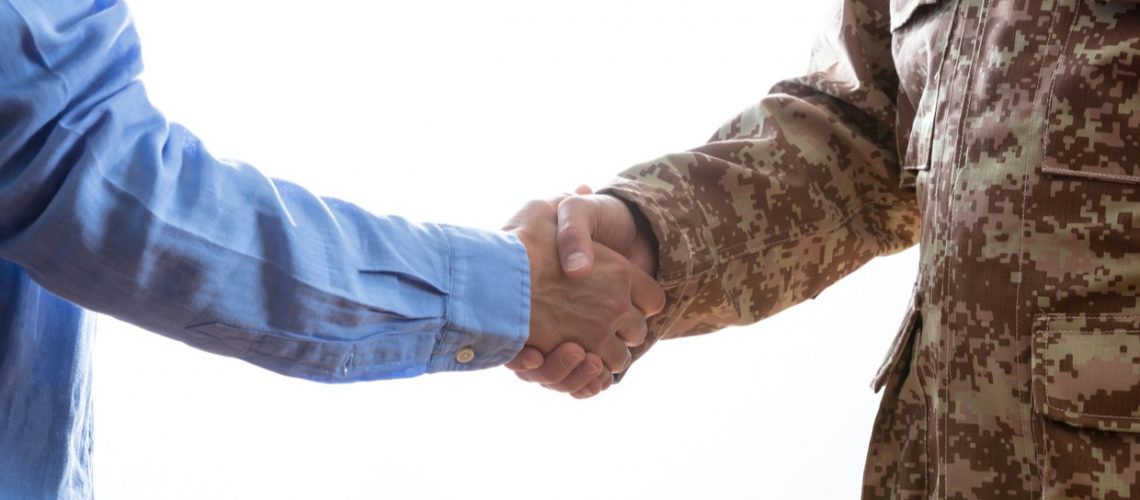Facing criminal charges is a daunting experience, and for members of the military, the legal landscape can be unique and complex. Understanding the distinctions between civilian and military criminal defense is essential for those who serve in the armed forces. Here are the key differences between civilian and military criminal defense.
Jurisdiction and Legal System
In the civilian criminal justice system, offenses are prosecuted under state or federal law. The accused is tried in a civilian court, and the legal proceedings follow the rules and procedures established by the jurisdiction where the alleged crime occurred.
Military criminal offenses fall under the jurisdiction of the Uniform Code of Military Justice (UCMJ). Military courts, including courts-martial, handle these cases. The military justice system operates separately from civilian courts, with its own set of rules and procedures.
Investigative Agencies
Civilian law enforcement agencies, such as local police departments or federal agencies like the FBI, typically conduct investigations in civilian criminal cases.
Military law enforcement agencies, such as the Military Police, Naval Criminal Investigative Service (NCIS), or Air Force Office of Special Investigations (AFOSI), investigate military criminal offenses.
Legal Representation
In civilian criminal cases, defendants have the right to legal representation, and if they cannot afford an attorney, one may be provided for them by the state. Defendants can choose an attorney of their preference or rely on a public defender.
Service members facing military criminal charges are entitled to legal representation provided by the military, often through a military defense counsel. Additionally, they have the option to hire a civilian defense attorney at their own expense.
Courts and Tribunals
Civilian criminal cases are typically tried in state or federal district courts. Appeals can progress through state appellate courts, federal circuit courts, and ultimately, the U.S. Supreme Court.
Military criminal cases are adjudicated in military courts, known as courts-martial. Appeals within the military justice system may go through the military appellate courts and, if necessary, to the U.S. Court of Appeals for the Armed Forces.
Sentencing and Punishment
Sentencing in civilian criminal cases often involves imprisonment, fines, probation, or a combination of these penalties. The severity of the sentence depends on factors such as the nature of the crime and the defendant’s criminal history.
Military courts-martial can impose various penalties, including confinement, fines, reduction in rank, and discharge from the military. Sentencing decisions are made by a military judge or a panel of military members.
Rules of Evidence
Civilian courts follow the Federal Rules of Evidence or state-specific rules, regulating the admissibility of evidence during trial. The rules emphasize fairness and reliability.
Military courts-martial adhere to the Manual for Courts-Martial (MCM), which includes the Military Rules of Evidence. These rules are tailored to the unique aspects of military trials.
While both civilian and military criminal defense systems share the common goal of upholding justice, the differences in jurisdiction, legal systems, and procedures highlight the distinct nature of each.
Service members facing military criminal charges should be aware of these disparities and seek the counsel of experienced military defense attorneys who have a deep understanding of military law.
The Court-Martial Law Division of Aviso Law LLC Helps Military Members in Colorado Who Have Been Charged with a Crime
The U.S. Government has an interest in obtaining a conviction as soon as possible, as it does not wish to gain negative publicity about one of its service members. That is why it is so important to consult with a knowledgeable and experienced military attorney as soon as possible. If you are a military service member and have been charged with a crime under the UCMJ, the Court-Martial Law Division of Aviso Law LLC can help. We proudly serve our military members, who sacrifice so much for our country. To learn more or to schedule a free consultation, contact us today!


